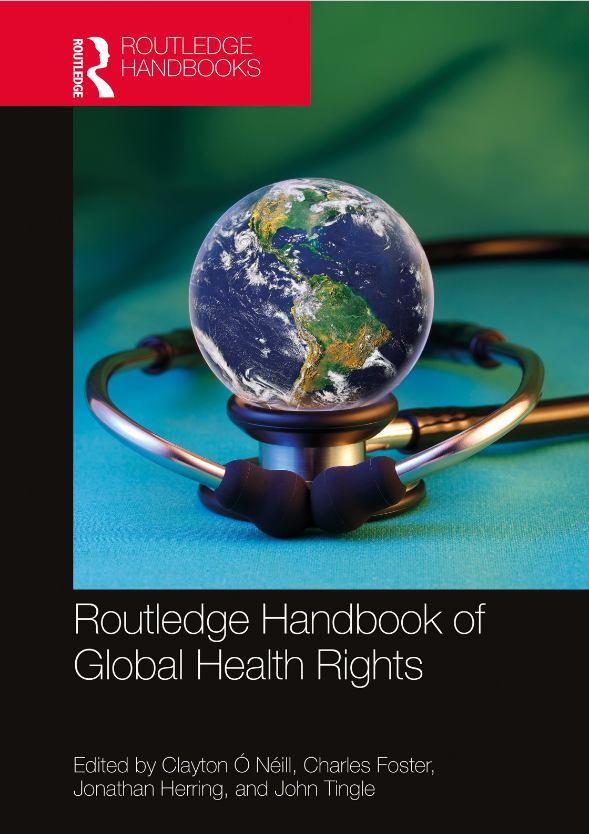Newly released
This book is new and will be uploaded as soon as it becomes available to us and if we secure the necessary publishing rights.

Routledge Handbook of Global Health Rights Book PDF
(0)
Author:
Jonathan HerringNumber Of Reads:
64
Language:
English
Category:
Social sciencesSection:
Pages:
0
Quality:
excellent
Views:
783
Quate
Review
Save
Share
New
Book Description
This book examines the idea of a fundamental entitlement to health and healthcare from a human rights perspective.
The volume is based on a particular conceptual reasoning that balances critical thinking and pragmatism in the context of a universal right to health. Thus, the primary focus of the book is the relationship or contrast between rights-based discourse/jurisprudential arguments and real-life healthcare contexts. The work sets out the constraints that are imposed on a universal right to health by practical realities such as economic hardship in countries, lack of appropriate governance, and lack of support for the implementation of this right through appropriate resource allocation. It queries the degree to which the existence of this legally enshrined right and its application in instruments such as the International Covenant on Economic, Social and Cultural Rights (ICESCR) and the Universal Declaration of Human Rights (UDHR) can be more than an ephemeral aspiration but can, actually, sustain, promote, and instil good practice. It further asks if social reality and the inequalities that present themselves therein impede the implementation of laudable human rights, particularly within marginalised communities and cadres of people. It deliberates on what states and global bodies do, or could do, in practical terms to ensure that such rights are moved beyond the aspirational and become attainable and implementable. Divided into three parts, the first analyses the notion of a universal inalienable right to health(care) from jurisprudential, anthropological, legal, and ethical perspectives. The second part considers the translation of international human rights norms into specific jurisdictional healthcare contexts. With a global perspective it includes countries with very different legal, economic, and social contexts. Finally, the third part summarises the lessons learnt and provides a pathway for future action.
Jonathan Herring
studied law at Hertford College, Oxford University before training as a solicitor. I did the BCL at Oxford and taught at Oxford and Cambridge, before taking up my fellowship at Exeter.
Outside work I love spending time with my partner and children, who are very funny. I also enjoy running, novels and foreign language films.
He research how the law relates with the things that matter most to us. Our family, our friends, our bodies. My writing questions the assumption that we are capable, independent, self-sufficient, autonomous people who need legal rights to protect us from invasion from others. Instead, I believe we are profoundly vulnerable and interdependent. We need a law which enriches and protects our relationships, rather than one that promotes individual rights.
Applying this kind of thinking I have written on a wide range of issues including caring; vulnerable adults; older people; children’s rights; marriage; ownership of body parts; pregnancy; rape; and disability.
He love teaching. At Exeter I teach Criminal Law, Family Law and Medical Law and Ethics for the BA degree in Jurisprudence.
Read More
Book Currently Unavailable
This book is currently unavailable for publication. We obtained it under a Creative Commons license, but the author or publisher has not granted permission to publish it.
Rate Now
5 Stars
4 Stars
3 Stars
2 Stars
1 Stars
Routledge Handbook of Global Health Rights Quotes
Top Rated
Latest
Quate
Be the first to leave a quote and earn 10 points
instead of 3
Comments
Be the first to leave a comment and earn 5 points
instead of 3